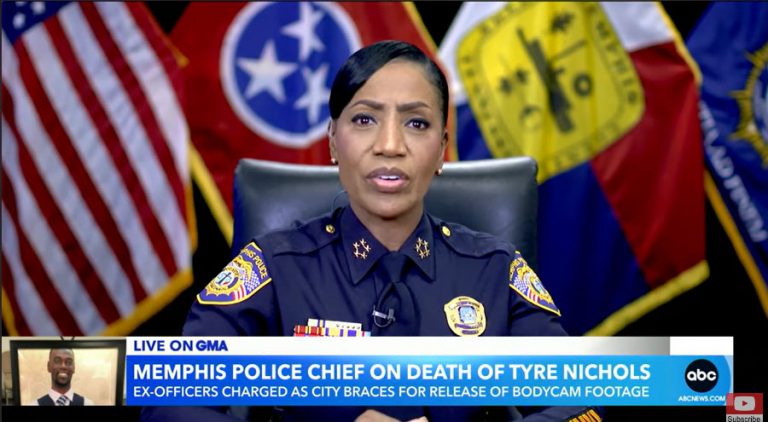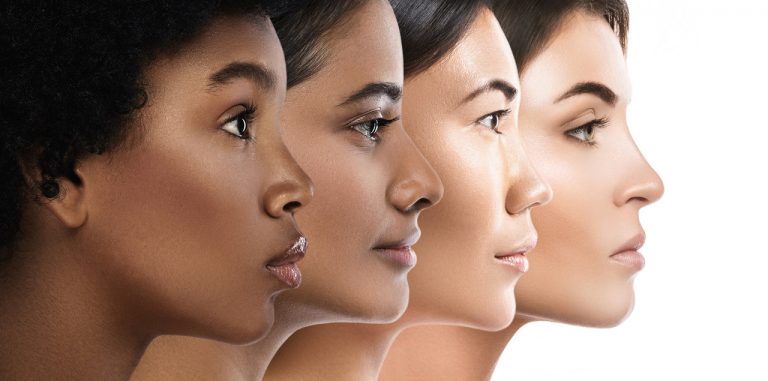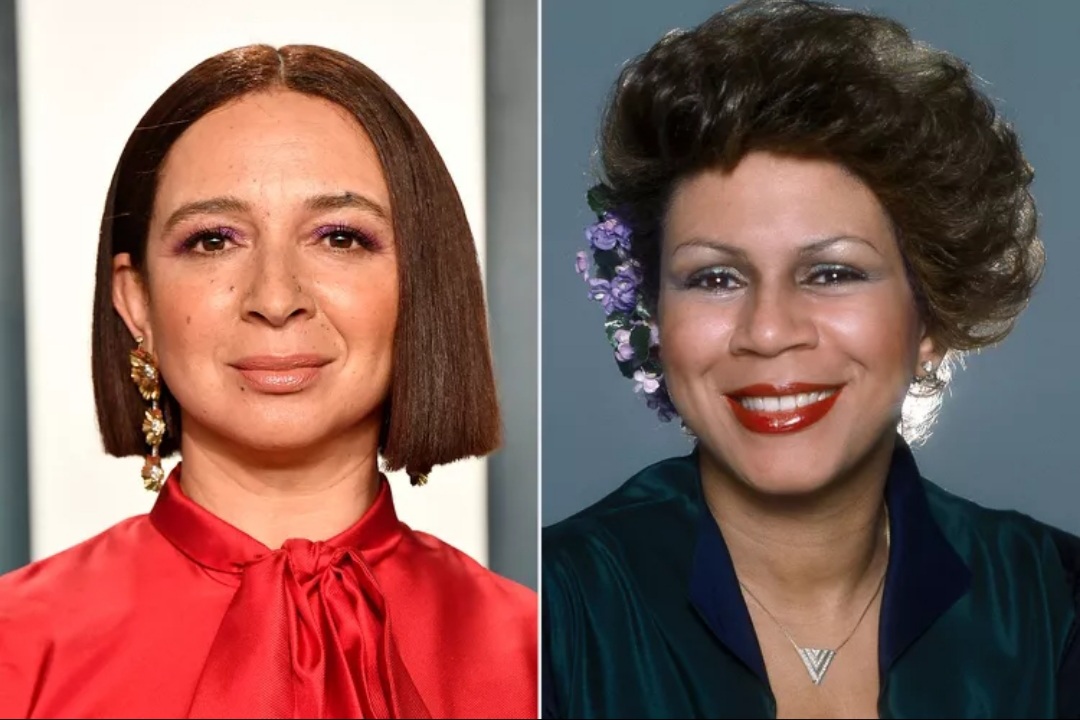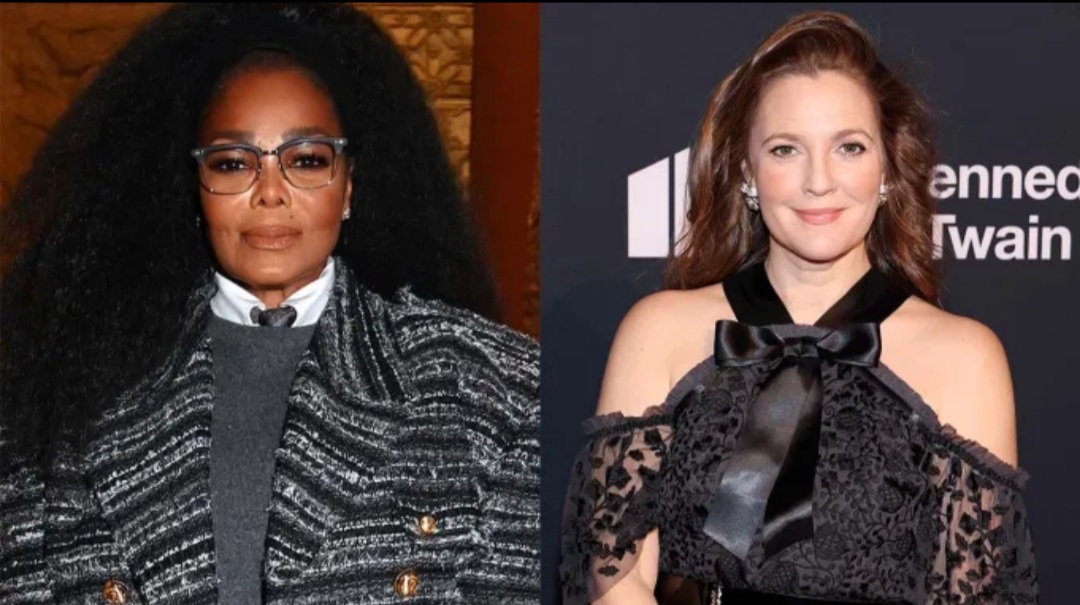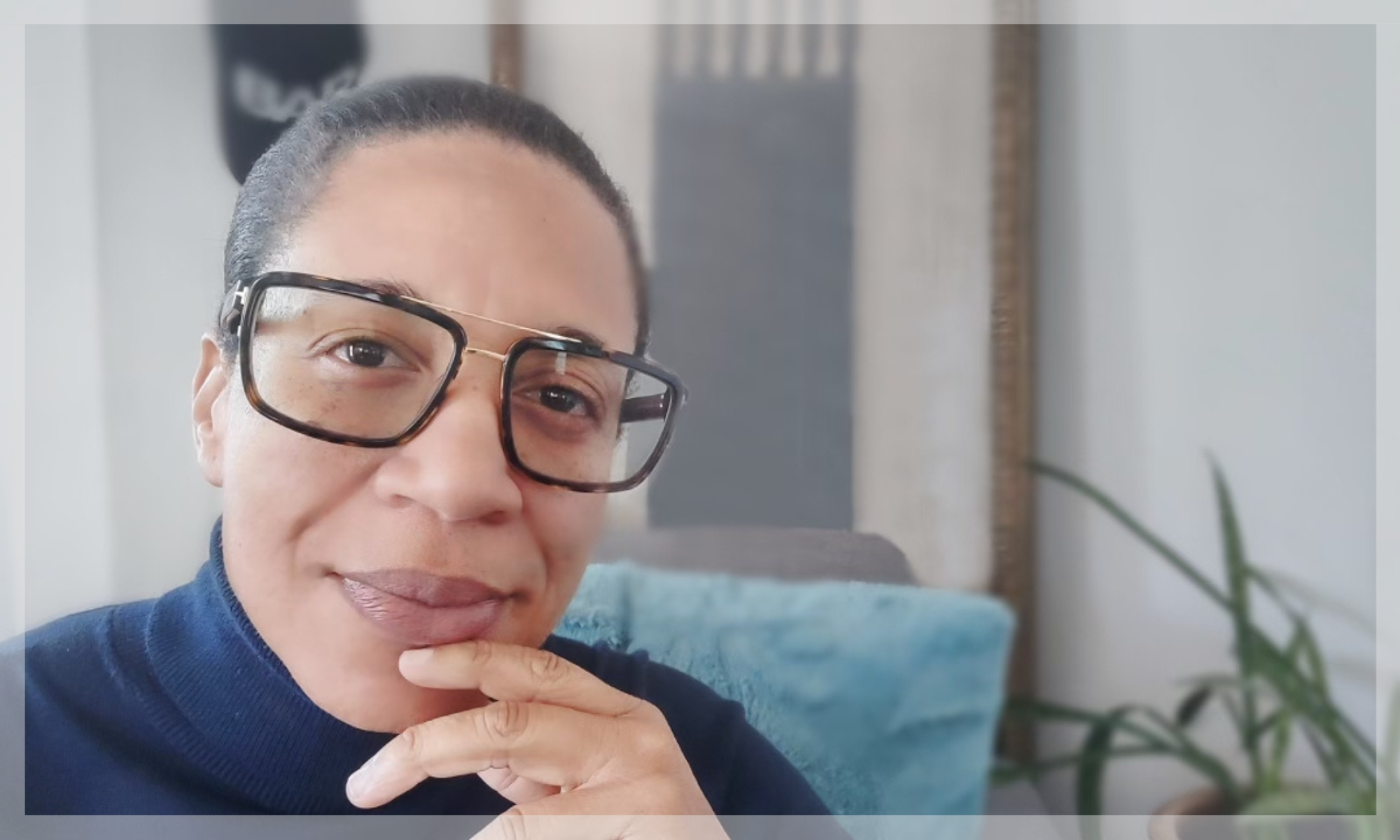
California Haircare Heiress Cheryl Morrow Leads Fight to Defend Industry Against Tort Lawsuit
Edward Henderson | California Black Media
Black hair care industry manufacturers are rallying to defend their products against “attacks” from customers, scientists and federal government officials who claim they are harmful. The companies are being accused of producing relaxers and straightening creams with potentially toxic ingredients that may cause cancer.
On the frontlines of that defense in the Golden State is California Curl heiress Cheryl Morrow, who is also publisher of the San Diego Monitor News.
Morrow, daughter of the late Dr. Willie Morrow who invented and popularized the “California Curl,” also known as the “Jheri Curl” or “Jerry Curl,” has been vocal about debunking the cancer claims as misleading and assuring her customers that the relaxers her company create are not dangerous. She also highlights the pioneering spirit and innovation that led to the creation of products for Black hair care by Black companies before mainstream companies entered the businesses and began to dominate it. In addition, she points out the many economic and social contributions pioneering Black-owned hair care manufacturers have made to the beauty industry and to Black communities across the country.
“In 2022, you come out with a study with an inconclusive correlation that all of a sudden subjugates a Black legacy of hair care manufacturing to be vilified, demonized, criminalized and connected to Cancer,” Morrow told California Black Media.
That same year, civil rights attorney Benjamin Crump filed a mass tort lawsuit on behalf of Jenny Mitchell, a Black woman who he claims contracted uterine cancer after her use of chemical hair straightening products sold by L’Oréal USA. Crump is suing that company as well as entities that assisted in the development, marketing, and sale of the products including Motions, Dark & Lovely, Olive Oil Relaxer, and Organic Root Stimulator.
Mitchell says she first started using these products around 2000 and continued until 2022. In August 2018, Mitchell – who says she has no family history of uterine or other cancer – was diagnosed with the disease and underwent a full hysterectomy.
According to the lawsuit, Mitchell attended mandatory medical appointments every three months for two years and now has appointments every six months.
According to the study, published by Journal of the National Cancer Institute, also known as the “Sister Study,” frequent users of chemical hair straightening products, defined in the study as more than four uses a year, were more than twice as likely to develop uterine cancer than those who didn’t use those products. The study was conducted by the National Institute of Health’s National Institute of Environmental Health Sciences.
In the U.S., uterine cancer rates and deaths are on the rise. Non-Hispanic Black women have the highest death rates and are more likely than other populations to be afflicted with aggressive subtypes of uterine cancer, according to the National Institutes of Health, which tracked data from 34,000 women in the Sister Study for more than a decade.
“Black women have long been the victims of dangerous products specifically marketed to them,” said Crump in a press release. “Black hair has been and always will be beautiful, but Black women have been told they have to use these products to meet society’s standards. We will likely discover that Ms. Mitchell’s tragic case is one of countless cases in which companies aggressively misled black women to increase their profits.”
The study claims that chemical hair straighteners typically contain products associated with higher cancer risk, such as formaldehyde, metals, phthalates, and parabens, which may be more readily absorbed by the body through scalp burns and abrasions often caused by chemical straighteners.
In October last year, the Food and Drug Administration proposed a ban on relaxers made with formaldehyde as an ingredient.
Morrow hosts events in the community and online to educate the public about Black hair care products and point out how she feels the studies and lawsuits are misleading.
“All of that is not by accident,” Morrow insists. “In creating relaxer advocates, my goal is not to protect one brand or manufacturer over another. My goal is to tell the truth, make sure the consumer is informed, to make sure that the industry in relaxing gets innovated.”
As part of her efforts, Morrow hosted an event at the San Diego Jacobs Center in December titled “Take Your Hands Off Our Legacy.” The event showcased Black hair professionals and technicians who educated consumers about the legacies of pioneers like Annie Malone, S.B. Fuller, Marjorie Stewart-Joyner, Joe Dudley, and Dr. Willie L. Morrow. These pioneers laid the foundation for safe standards and an industry that has not only celebrated the diversity of Black hair but also contributed significantly to entrepreneurship and job creation.
“They have the language in the lawsuit that the manufacturers did not and should have known that the relaxer was dangerous. My response to them is that they should’ve known that, actually, Black people have made their products safer and have been doing that since 2007. Dr. Morrow already did it with California Cream.”
My goal here is to clear the air on both sides. To make sure that the states are supporting education, to make sure that we have a pathway to better technology, marketing options, and higher education for cosmetologists and barber stylists. You will not do this by running a pristine and the greatest segment of beauty both domestic and international.”
Court records show that about 75 cases have been filed in the mass tort lawsuit, which was formed at the beginning of February of 2023.
Morrow argues that the lawsuit is being framed as an effort to protect Black women from predatory marketing of dangerous products – many of them, the plaintiffs claim, are created by large White-owned industries.
But, in the end, Morrow says, the lawsuit is hurting the Black entrepreneurs and professionals who originated those products and have been working hard to ensure they are safe for the Black women who buy them.
